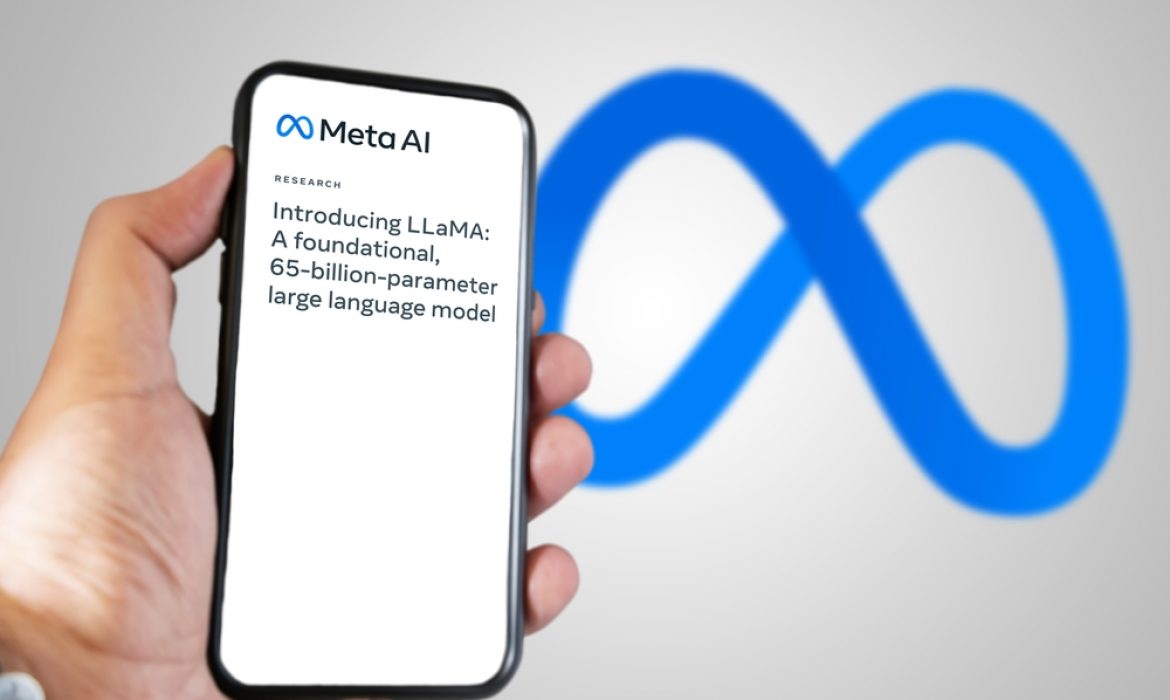In a bold and strategic move that’s set to reverberate through the tech industry, Meta is gearing up to train a new AI model that aims to match the prowess of OpenAI’s GPT-4. According to a report from The Wall Street Journal, Meta is sparing no effort in its pursuit of creating a powerful chatbot, potentially rivaling the capabilities of GPT-4, a benchmark in AI chatbot development.
Meta’s Vision and Strategy
The driving force behind this endeavor is Meta’s desire to remain at the forefront of AI technology. The company is actively procuring AI training chips and constructing data centers to lay the foundation for this ambitious project. The plan is to initiate the training process for this significant language model early in 2024. CEO Mark Zuckerberg is reportedly advocating for making this advanced AI tool freely accessible to companies engaged in AI tool development, further demonstrating Meta’s commitment to advancing AI accessibility.
Investment in AI Training Resources
To realize this vision, Meta is investing heavily in Nvidia H100 chips, a key component in the training of AI models. This move signifies Meta’s commitment to having the necessary hardware resources at its disposal. Additionally, the company is taking steps to strengthen its infrastructure, reducing reliance on external cloud platforms, such as Microsoft’s Azure, which it used for previous AI development efforts. This increased self-sufficiency reflects Meta’s determination to have more control over its AI endeavors.
Building on Generative AI Features
This ambitious project aligns seamlessly with Meta’s ongoing exploration of generative AI features. Earlier reports hinted at the development of AI “personas” capable of mimicking human expressions. Notably, in June, there were reports of Meta testing a chatbot for Instagram with an impressive array of 30 personas. The unveiling of these AI personas promises to elevate digital interactions and user experiences to a new level.
Challenges and Competitive Landscape
However, Meta’s path to AI supremacy is not without its obstacles. The company has reportedly faced significant turnover among its AI research teams this year, primarily due to resource allocation challenges stemming from multiple language model (LLM) projects. The company is navigating a landscape filled with competitors eager to make strides in generative AI.
OpenAI, a key player in the AI space, declared earlier this year that it was not actively training GPT-5 and had no immediate plans to do so. In contrast, Apple has been making substantial daily investments in its own AI model, “Ajax,” which it claims surpasses even the capabilities of GPT-4. Meanwhile, industry giants like Google and Microsoft are rapidly integrating AI into their productivity tools, with Google eyeing generative AI for Google Assistant. Amazon, too, is actively pursuing generative AI initiatives that could potentially lead to a chatbot-based Alexa.
A Transformative Move in AI Development
Meta’s decision to set GPT-4 as the benchmark for its next AI model signals the company’s commitment to staying at the cutting edge of AI technology. As it advances in its quest to create a sophisticated chatbot, the broader implications for AI-driven applications, digital interactions, and user experiences are profound. In a rapidly evolving landscape, Meta’s strategic vision is set to shape the future of AI in ways that have the potential to revolutionize how we engage with technology and AI-driven tools.
